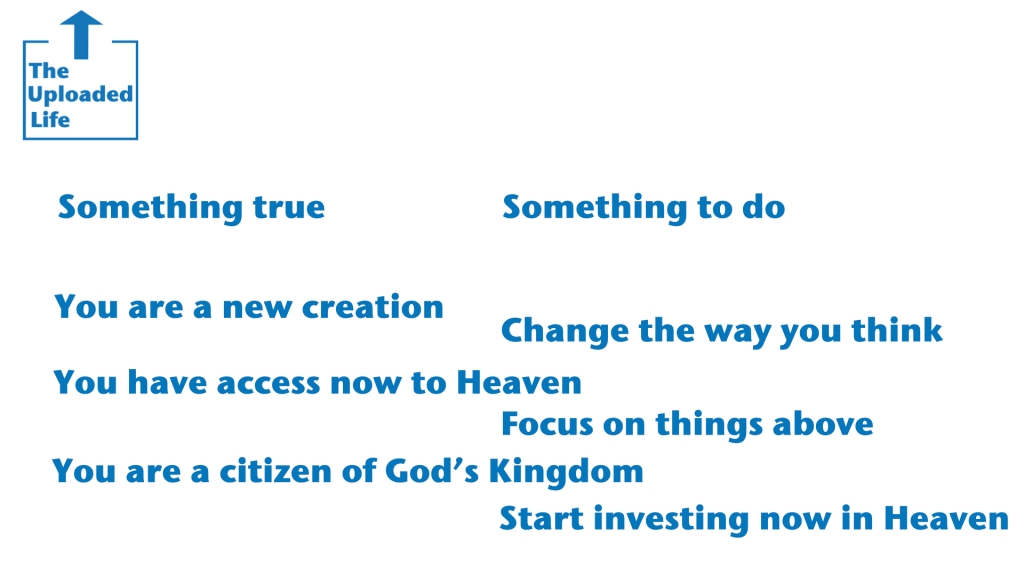I have very recently published my latest book, ‘Reset Your Church Life: Whatever Happened To Plan A?’ and in this the first of a number of posts, I intend to reflect on some of the issues that both informed my writing of the book and my impressions since then, as we all continue to live through ‘interesting’ times.
For anyone who is wanting to address how their own Church family can maybe do better, I invite you to ask yourself, what are the most important things that such a community must pay attention to? This can lead on to a consideration about whether the time, energy, and money, that is invested by the group members is directed at those most important things? If not, is it possible that you have found yourself being distracted? With the very best of intentions, over time we can find ourselves doing things that are good, but they are not necessarily the best things that we could be doing.
To add a little spice as it were to the task of identifying what the most important things are, how about the discipline of limiting yourself to naming only the 4 most vital aspects of Church life? There might be all kinds of things that occur to you, perhaps even without you having to think very hard. Possibly they would include one or more of these, merely by way of example: worship; evangelism; prayer; preaching; pastoral care; social justice campaigning; feeding the hungry; housing the homeless; leadership; signs and wonders; and prophetic insight.
Whatever list you personally might develop, if you limit yourself to just, say, the 4 most important things this means you have to try to discern what is it, for you, that is of primary importance. Do you know what really matters to you? Does your faith community know what really matters to it?
A related and perhaps equally challenging issue is, what kind of value system are we using to assess what is truly vitally important? Is it a matter of what we almost by instinct believe to be true? Or would we say that our view is undergirded by Biblical truth?
It can be a fascinating journey if we are willing to embark upon it – the journey of looking critically at our own assumptions. Almost certainly, we assume that what we are doing in the world of Church life is based on what the Bible tells us. Perhaps inevitably, we can become so accustomed to what we as a Church do, and the way that we do it, that we simply assume that our Church life is indeed totally consistent with what the Bible tells us Church should be. However, I suggest that with the best will in the world, sometimes we lose our way.
One of the challenges in all of this is that we can look at things in a relatively superficial fashion. We can look at our activities, what it is that we are doing, and fall into a kind of trap of thinking that the activity says everything important there is to say about that subject.
Purely by way of example, let’s take worship as a focus. Lots of us would probably say that worship is bound to make it to the ‘top 4’ list of the most important things. But almost as soon as we begin to focus on worship, we probably think about worship in the sense of the way we as a community ‘do’ worship. It can be very difficult to extricate our thinking from being centred around the public, outward, visible, display of what worship has come to be in our own culture.
When pressed, probably many of us would quite easily say that worship is far more than what is lead from a platform and/or through a public address system. And yet, in our use of language, we can so casually talk about ‘worship music’ or about the ‘worship’ at a particular Church – almost implying that the sum total of what worship is can be identified by songs that are sung to – or at? – or with? – a congregation by a special group of talented people.
Especially if you are convinced that worship must definitely make it into the top 4 most important things, you could perhaps spend some time reflecting on both what the Biblical basis is for worship, and what worship in all its Biblical fulness truly is. Who knows, perhaps such a process might even lead you to conclude that it is time to ‘do’ worship a little differently?


